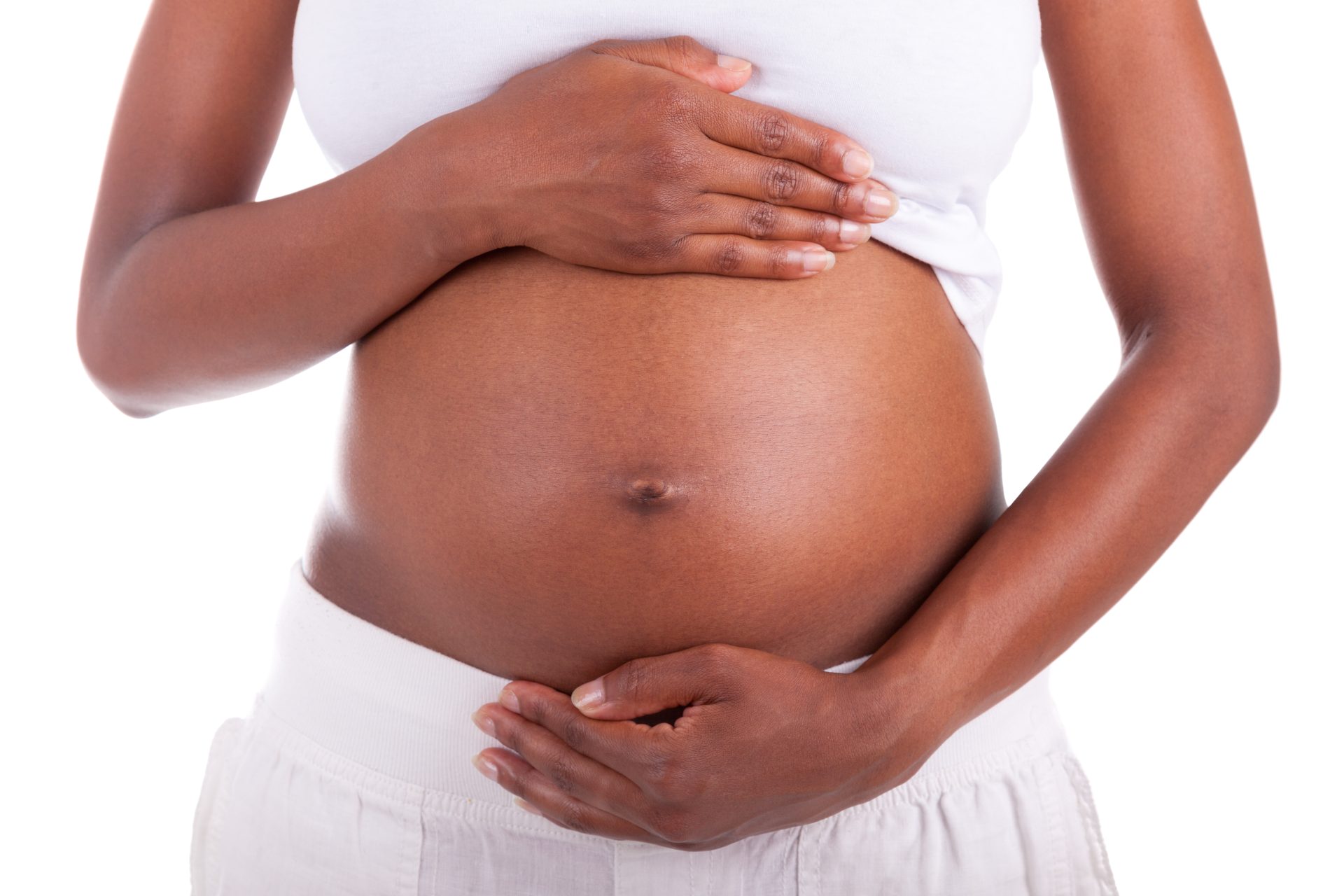In the ever-evolving landscape of fertility treatments, a new trend is emerging: the purchase of embryos for in vitro fertilization (IVF). This practice, once considered unconventional, is gaining traction among couples facing infertility challenges. As more families turn to this option, it’s worth exploring the reasons behind its growing popularity.
Increased success rates
For many couples, the decision to buy embryos stems from a desire for better outcomes. Reproductive endocrinologists note that using previously created embryos can significantly boost success rates, especially for those who’ve experienced multiple failed IVF cycles.
This improved chance of success is particularly appealing to couples who have endured the emotional roller coaster of unsuccessful treatments. Many who opt for embryo adoption after failed IVF attempts report feeling a sense of renewed hope, viewing it as a fresh start in their fertility journey.
Streamlined process
One of the most significant advantages of purchasing embryos is the streamlined process it offers. Traditional IVF involves numerous steps, including ovarian stimulation, egg retrieval, and fertilization. Embryo adoption allows couples to bypass these time-consuming and often physically demanding procedures.
For many patients, especially those in their late 30s or early 40s, time is of the essence. Embryo adoption can cut months off the process, bringing them closer to their dream of parenthood more quickly. This acceleration of the timeline is a crucial factor for couples who feel the pressure of their biological clocks.
Physical and emotional considerations
The physical toll of IVF on women’s bodies can be substantial. Hormone injections, surgical procedures, and the stress of multiple cycles can be overwhelming. Embryo adoption offers a less invasive alternative, reducing the physical strain on prospective mothers.
Fertility counselors observe that many women feel relieved to avoid the physical demands of IVF. This reduction in physical stress can have a positive impact on their emotional well-being throughout the process, making the journey to parenthood less taxing overall.
Financial aspects
While IVF costs can be prohibitive for many couples, embryo adoption often presents a more affordable option. A single cycle of traditional IVF can cost upwards of $20,000, whereas embryo adoption typically ranges from $7,000 to $15,000.
Financial advisors specializing in family planning often point out that for couples on a budget, embryo adoption can be a cost-effective way to build their family without compromising their financial stability. This financial consideration is a significant factor for many couples weighing their fertility treatment options.
Ethical considerations and adoption alternative
For some couples, the decision to pursue embryo adoption is rooted in ethical considerations. Thousands of embryos created through IVF remain unused, and embryo adoption provides an opportunity to give these potential lives a chance.
Many families who choose this path express satisfaction in helping these embryos fulfill their potential while also building their own families. This dual purpose often resonates with couples who have a strong ethical stance or who have considered traditional adoption.
Medical factors
Certain medical conditions can prevent couples from producing viable eggs or sperm. In such cases, embryo adoption offers a path to pregnancy that might otherwise be unavailable.
Medical professionals explain that for patients with premature ovarian failure or certain genetic disorders, using donated embryos can be their best chance at experiencing pregnancy and childbirth. This option opens doors for individuals who thought biological parenthood was out of reach.
Family planning flexibility
Embryo adoption also offers couples more control over their family planning. Some families opt to secure multiple embryos from the same genetic source, allowing for potential siblings in the future.
Parents who have pursued this option often appreciate the ability to have children who are genetic siblings, even if not biologically related to them. This approach can provide a sense of continuity in family planning, allowing for spaced-out pregnancies with genetically related children.
A personal decision
As with any fertility treatment, the choice to pursue embryo adoption is deeply personal. It’s a decision that depends on individual circumstances, values, and goals.
Fertility specialists emphasize that there’s no one-size-fits-all solution in fertility treatments. What’s important is that couples have access to information about all their options, including embryo adoption, to make the best decision for their family.
As more couples navigate the complex world of fertility treatments, embryo adoption continues to gain recognition as a viable path to parenthood. With its potential for higher success rates, reduced physical strain, and ethical considerations, it’s likely that this trend will continue to grow in the coming years, reshaping the landscape of assisted reproduction and family building.
This story was created using AI technology.















